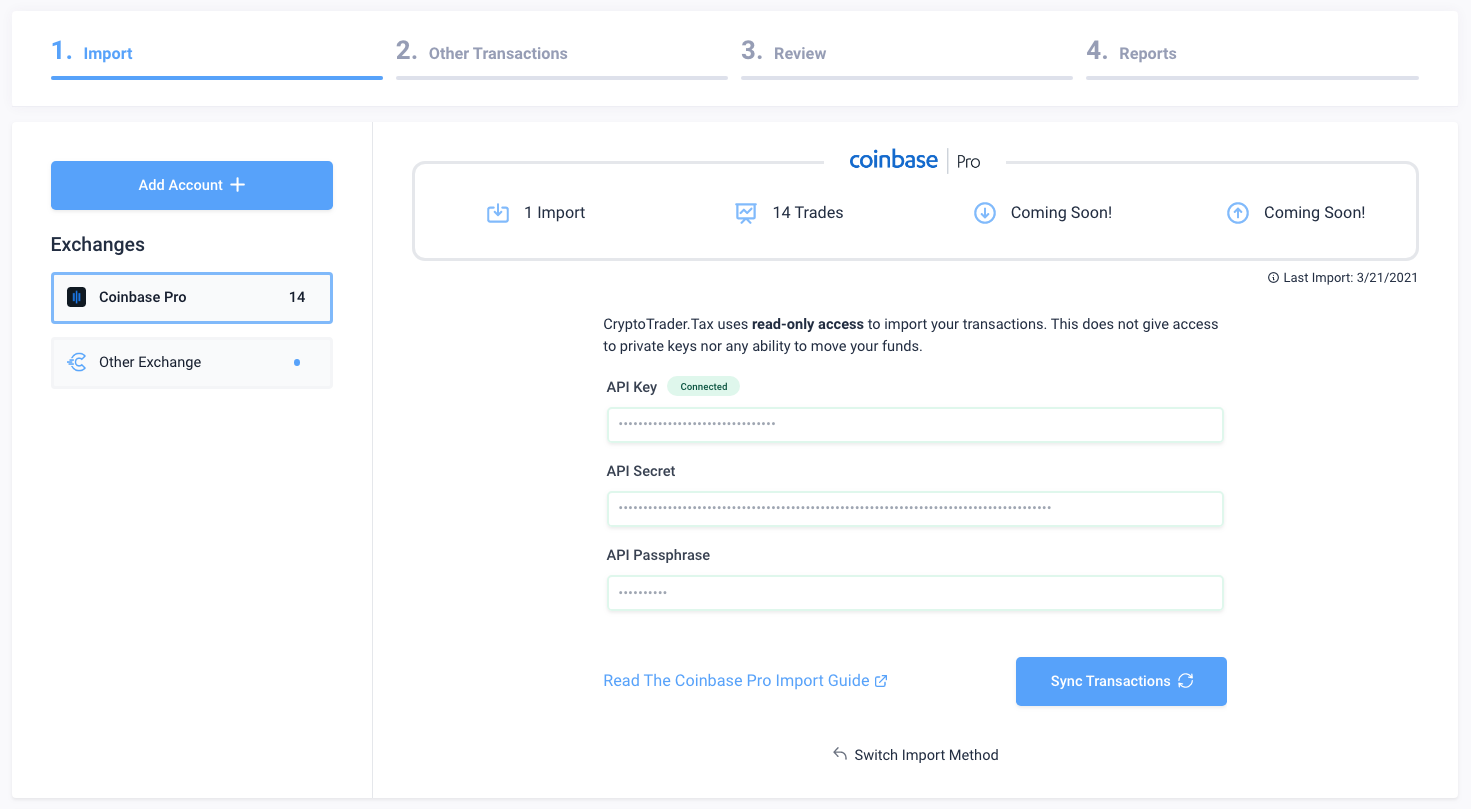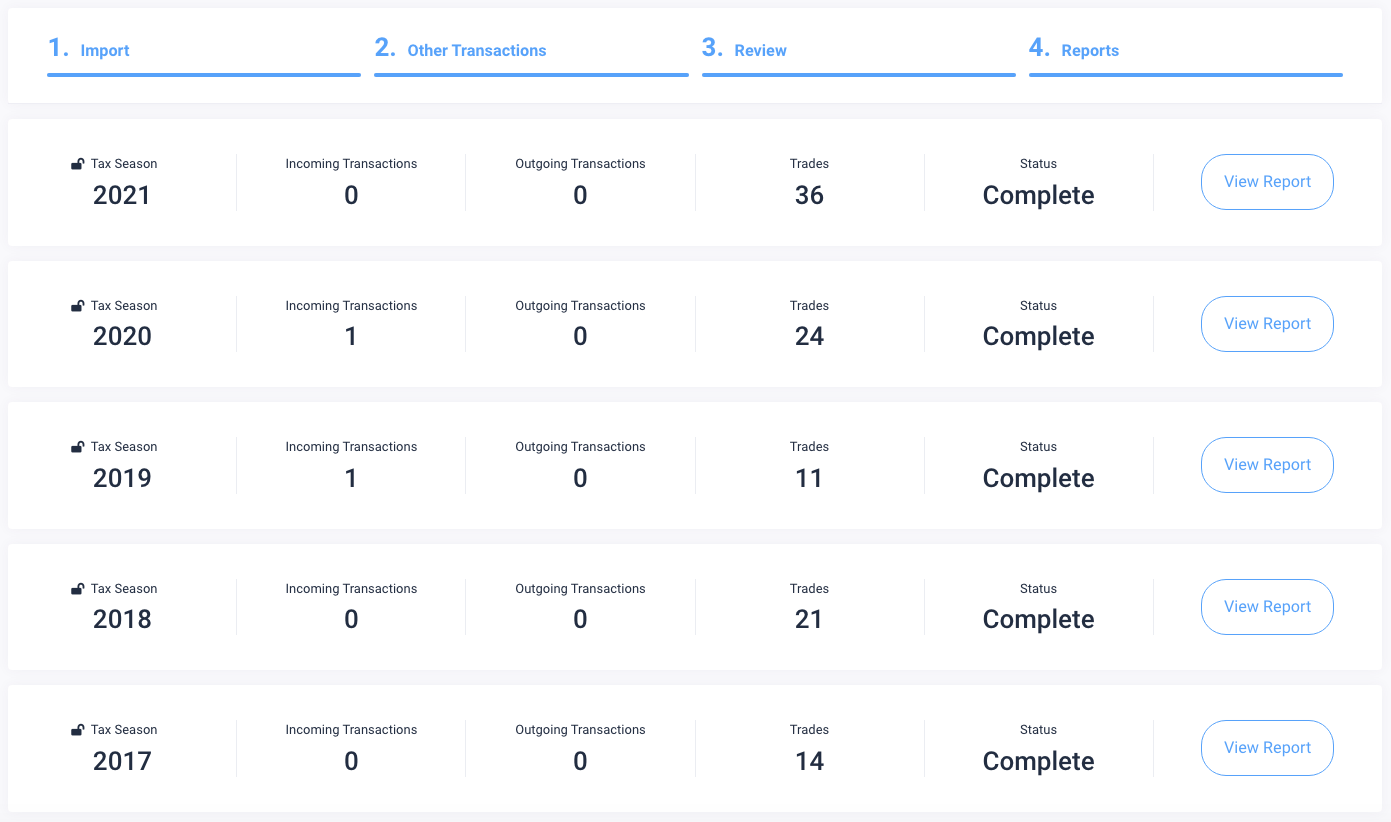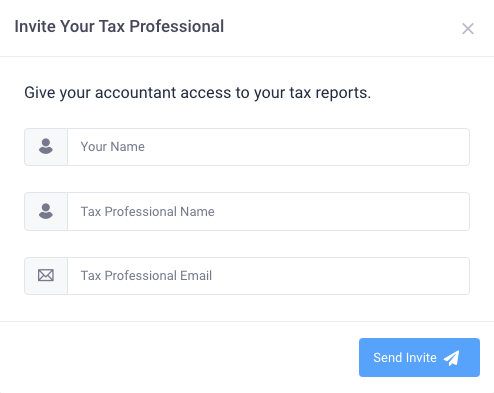CryptoTrader.Tax Review: A Guide to Calculating Crypto Taxes
CryptoTrader.Tax’s product is designed to make filing crypto taxes an effortless experience.

Key Takeaways
- Crypto users could be liable for taxes, depending on their activity.
- CryptoTrader.Tax’s service aggregates users’ trades and other crypto activities on one dashboard.
- The product simplifies the process of calculating tax liabilities each year.
Share this article
The tax year’s filing deadline is approaching, which means many crypto users will need to submit their returns. While many find filing taxes can be an arduous task, the process gets even more complicated when you have to factor in activities like trading, airdrops, and mining. Tax rules for cryptocurrencies have historically been fairly opaque, but authorities have clarified their stance in recent years.
The position is clear: active crypto users are liable for taxes, and government officials are watching closely.
Fortunately, there are now tools designed specifically for crypto users to calculate tax liabilities as simply as possible. One of the most popular options on the market is CryptoTrader.Tax, which offers a degree of simplicity that makes the process easy.
Calculating Liabilities on CryptoTrader.Tax
The user experience on CryptoTrader.Tax is broken down into four steps, starting with an “Import” stage. Once logged in, users are invited to import the accounts on which they’ve carried out their crypto activity.
The service supports most of the major centralized exchanges, including Coinbase, Binance, Kraken, Crypto.com, and Gemini. FTX, Blockchain.com, and Hotbit are soon to be added.
When inputting data from a centralized exchange, users have the option to import a file or auto-import. CryptoTrader.Tax recommends the auto-import tool.
When importing, the user must obtain an API key by logging into their exchange account. CryptoTrader.The tax provides clear instructions on how to import API keys on its blog. Coinbase is also integrated on the site, meaning there’s an option to automatically give CryptoTrader.Tax access without logging in on a separate tab.

While obtaining the API key is a fast process, it can take some time to load each exchange’s history, depending on the number of trades and other activities. Any seasoned active day traders would need to allocate at least one or two hours to pull in all of their data.
For active DeFi users, there’s also an option to import trades on Uniswap, Ethereum’s most popular decentralized exchange. For this option, users must input their Ethereum address (important note: Ethereum Name Service is currently not supported; CryptoTrader.Tax can only read the full 0x address). Soon, Aave and Compound will also be added.
The support for DeFi protocols like Uniswap and Aave is a significant step forward for crypto tax services. As decentralized finance grows, so will the need for infrastructure that helps users calculate their liabilities. Disposing of crypto assets through trading is one of the most common taxable activities in crypto, with many of DeFi’s most active users trading on platforms like Uniswap on a daily basis. CryptoTrader.Tax’s import tool can break down this activity in one easy-to-read dashboard.
The second stage in the calculation process is for “Other Transactions,” which includes crypto received from mining, staking, and airdrops. These activities are treated differently from trading by the IRS—they are considered a form of income rather than capital gains. Crypto Briefing’s “Other Transactions” included small amounts of assets earned through Coinbase referrals.
The process follows with a “Review” stage, providing a ledger of every transaction the user has engaged with. The transactions date back to the user’s first interaction with each platform. The transaction history clearly shows the type (for example, buy, trade, or mining), the platform (for example, Coinbase or Uniswap), and the amount.
Every transaction gets automatically listed in chronological order, though there are options to add filters depending on what the user wants to search for. The main benefit to the transaction ledger is the simplicity with which it shows a user’s entire crypto journey.
Thanks to this tool, it’s easy to track transactions over the course of years with little effort.

The service concludes by grouping all transactions into reports according to the tax year. Each report can be generated near-instantly, with a breakdown of the number of incoming transactions, outgoing transactions, and trades. Selecting “View Report” then leads to a detailed review of each tax year and associated activities.
The transactions are clearly ordered by asset, showing the date acquired, date sold, and overall profit or loss. It also gives options to view short-term and long-term positions, end-of-year positions, losses for tax-loss harvesting, and more. The reports are calculated using the First-In, First-Out (FIFO) method, which is useful for reducing the costs. However, users also have the choice to use other calculation methods such as Last-In, First-Out (LIFO) or Highest-In, First-Out (HIFO) methods.
The total capital gains are shown clearly on the top right corner of each report. There’s also an option to send each report on to a tax professional.

For readers with other crypto-active friends and family, CryptoTrader.Tax runs a generous affiliate program, paying 25% recurring commission for each referred customer.
Overall, the service is easy-to-use and offers impressive value for money. Although importing transactions may prove to be time-consuming for the most active traders, the amount of time saved using the service instead of manually calculating would likely be significant. The added support for DeFi staples is also worth noting as the space continues to grow. At this point, it’s clear that crypto is starting to infiltrate traditional finance, and that means taxes will continue to apply.
Some of crypto’s most active traders may choose to seek out bespoke services, though most would only require a more affordable option like the one CryptoTrader.Tax offers. For less active retail investors who want to get ahead of their liabilities through one simple interface, CryptoTrader.Tax might be the best option available on the market today.
Disclosure: At the time of writing, the author of this feature owned ETH and AAVE. They also had exposure to UNI and COMP in a cryptocurrency index.
—
Disclosure: When readers sign up for CryptoTrader.Tax using some of the above links, you support independent journalism on Crypto Briefing. This does not impact our reporting. We continue to pursue a fair and balanced editorial. For more information about our partnership with Sorare, please do not hesitate to reach out to us on Twitter or Telegram.
Share this article
